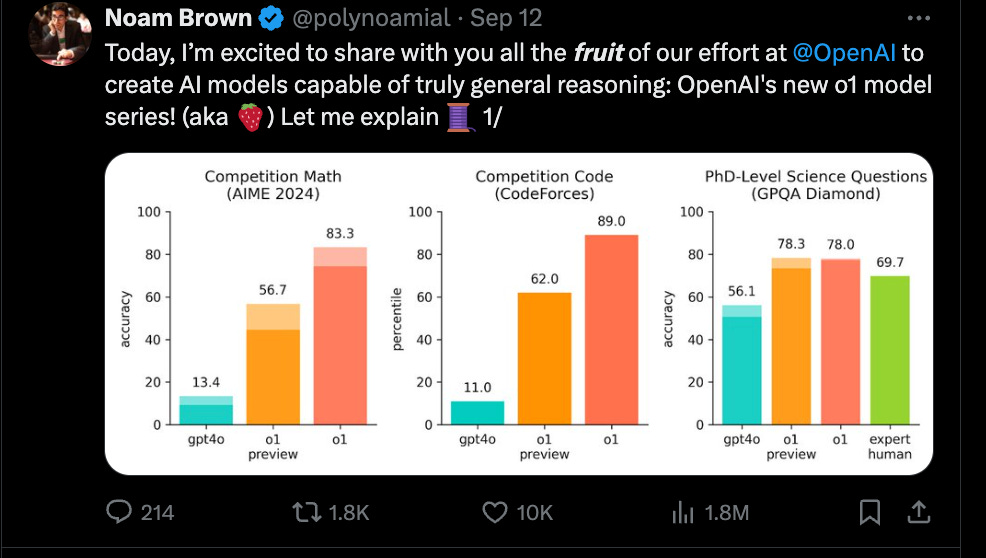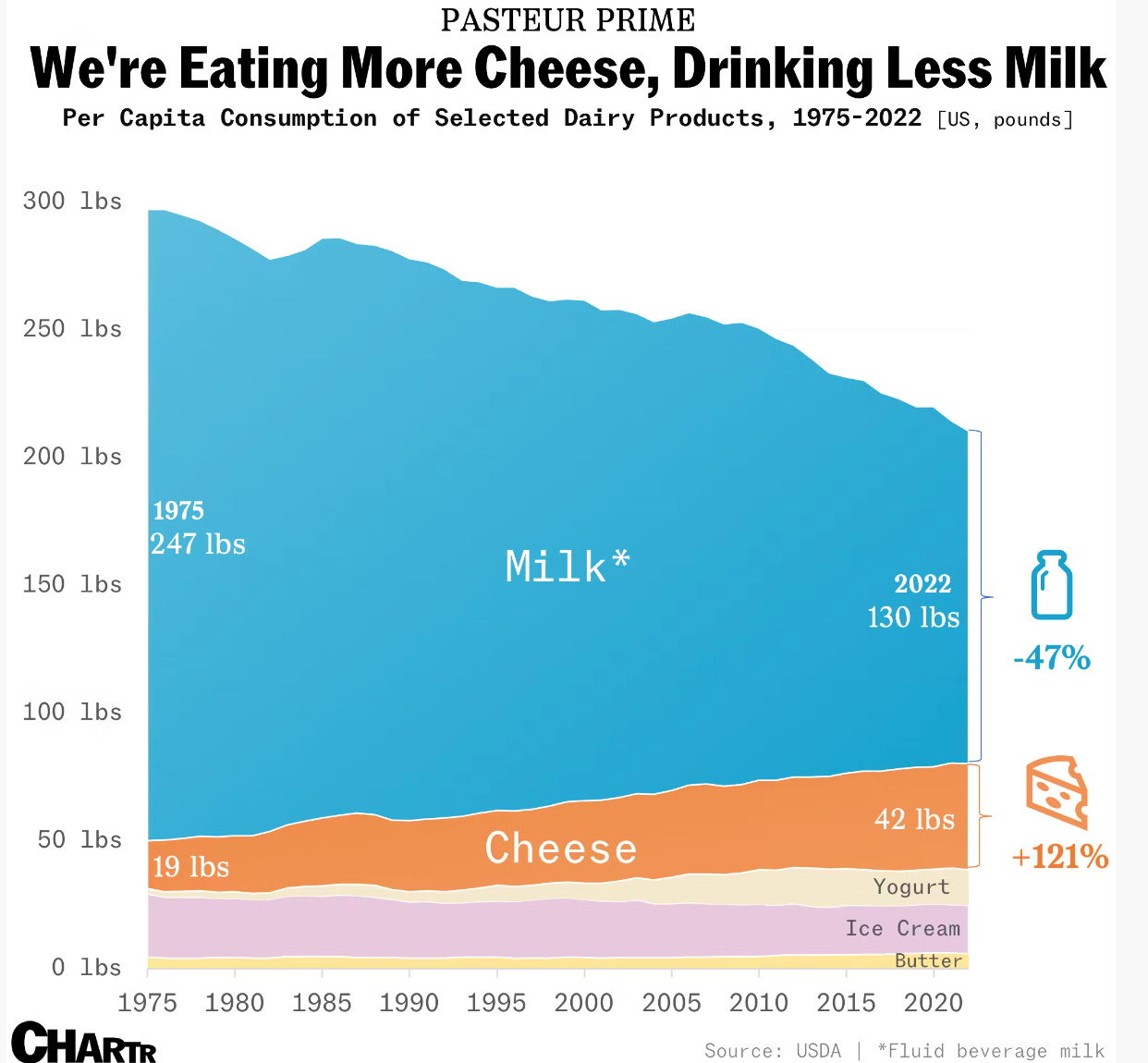solving gentrification, heavy cars & fashionable metascience
CC#85 - The Problem of Money in Politics, Air Purifiers & Becoming an Artist
Hey there and welcome to ✨ CuratedCuriosity - a bi-weekly newsletter delivering inspiration from all over the internet to the notoriously curious.
Things I Enjoyed Reading.
🏡 Gentrification as a housing problem
Super interesting article analysing the origins of gentrification and why so many cities have failed at tackling the issue in any meaningful way. It also offers some ideas / examples how we could potentially deal with those issues in a better way.
Gentrification – broadly, existing lower-income residents being displaced from their neighborhood by incoming higher-income residents – is widely recognized as a serious problem. It inspires more activist engagement, protest, and artistic depiction than virtually any other policy issue in housing. Villainous gentrification is a recurring trope in TV and film. Lower-income residents dislike rapid, uncontrolled change in their neighborhoods just as much as the wealthy, but have generally had much less success at blocking it. Most attempts to slow or stop gentrification have failed as resoundingly as Edgehill’s. Migration to, between, and within cities as economic opportunities shift is inevitable and almost a human universal. Attempting to stop people from seeking better lives in a new area generally does not work, but we can avoid most of the harms of gentrification by making space for them in the places they want to go. Housing supply is not a panacea, but removing constraints on housing supply growth can make inevitable migrations benefit communities, rather than harming them. And in some cases, like London’s estate regeneration programs, they have done it in ways that benefit and enjoy the enthusiastic support of the existing community.
🧑🔬 Felipe Romero: ‘The conceptual origins of metascience: fashion or revolution?’ [🎥]
If you have been around here for longer, you might know that I am a big fan of meta-analyses (i.e. taking multiple studies on the same topic and aggregating their results). This talk critically analyses the meta science movement from a ‘philosophy of science’-persepective. Is there really something meaningful to gain from it or is it just a science ‘fad’ without much impact? Also an interesting related article: Meaningless Means: Some Fundamental Problems With Meta-Analytic Averages
🗣️ Cenk Uygur: Trump vs Harris, Progressive Politics, Communism & Capitalism [🎧]
This is a recommendation I got from a friend and its been a good one. Interesting (non-standard?) perspectives on politics from a populist & progressive position. Also some good story telling - former talkshow host Cenk definitely knows how to entertain.
That’s why mainstream media never talks about the number one factor in politics, which is money. We all know. I mean, now as we talked about earlier, we see it with our own eyes, open auction. Any country, any company, anybody that has money, the politicians will now literally say, “I am now working for this guy,” as Trump says, “because he gave me a strong endorsement,” which means a lot of money. The press never covers it, almost never, right? So you’re telling me you’re doing an article on the infrastructure build or build back better, et cetera. You are not going to mention the enormous amount of money that every lobbyist spent on that bill. That’s absurd. That’s absurd. That’s 98% of the ballgame. The reason they hide the ball is because they don’t want you to know this whole thing is based on the money that they are receiving. (..) It’s that the ads themselves actually, they work and they work pretty well, but that’s not the main reason you spend money on ads. You spend the money on ads to get friendly coverage from the content, from the free media that you’re getting from that same outlet. So, since every newspaper and every television station and network knows that the Democratic Party and the Republican Party are their top clients, they’re going to get billions of dollars from them. They never really criticized the Republican and Democratic Party. On the other hand, if you’re an outsider, they’ll rip your face off
Food for Thought.
🚗 What happens if you get hit by a car strongly - more than I would have expected - depends on the weight of the car.

🍻 South Africa saw murder rates drop during their alcohol sales ban that was put in place during COVID. I think these stats are particularly interesting since the bans have only been over short periods of time and it was not the consumption but the sale of alcohol that wasn’t allowed anymore. So probably many people (who also were subjected to a curfew) still had access to some alcohol that they had stored at home. So most likely the drop in murder is largely due to reductions in excessive alcohol consumption in relation to out-of-home violence. Would be interesting to see what an alcohol ban does without a curfew…
💨 Recent study found huge positive impacts of air purifiers. Reminds me of an article claiming that air purifiers are the single most cost effective health investment you can make as an individual (depending a bit on where you live). Maybe we should all get them or at least install them broadly in kindergardens and schools?
Random Stuff.
📚 Have economists been automated?
📊 Some stats on the new GPTo1 model - scary and/or truly impressive?


Personal Update.
I published an article in the MIT Science Policy review on “The future of research dissemination: Innovation in publishing formats” where Hallie Trial and I explore the role that preprints, code & data repositories and interactive journal formats could play in ‘modern’ research dissemination. Personally, I learned a lot about the academic publishing systems while writing it and probably got to appreciate the peer review system more throughout the whole process - aligning incentives of everyone involved - authors, universities, society, publishers - is just a non trivial task. Nonetheless, I think non-classical formats of publishing can help to correct some of the deficiencies of the current system.
Amanda Bennetts and I finished our art X science project “Do algorithms care?” and got to exhibit it at the Ars Electronica Festival 2024.
Its been a really interesting journey for me - Amanda and I started our collaboration as part of an experimental, inter-disciplinary, project-based university course at the new Interdisciplinary Transformation University Linz. Which means I got to ‘become an artist’, really exposing me to new ways of (critical) thinking and meeting many interesting humans.
My main role in the project was to analyse survey & EMG data that Amanda and I collected throughout a small self-experiment. I also played around with building a prediction algorithm based on it - aiming a predicting subjective fatigue for the next day(s). Honestly, not very successfully, indicating that our subjective wellbeing is just a very complex construct, that is not strictly determined by logical, quantifiable factors. Other than that I also created some data visualisations / data art.
The whole project - including all source code - is documented on our website: algorithmic.care
Also, I will be moving to Switzerland next week - spending the next 5 months visiting the Law, Economics and Data Science Group at ETH Zurich. Very much looking forward!









